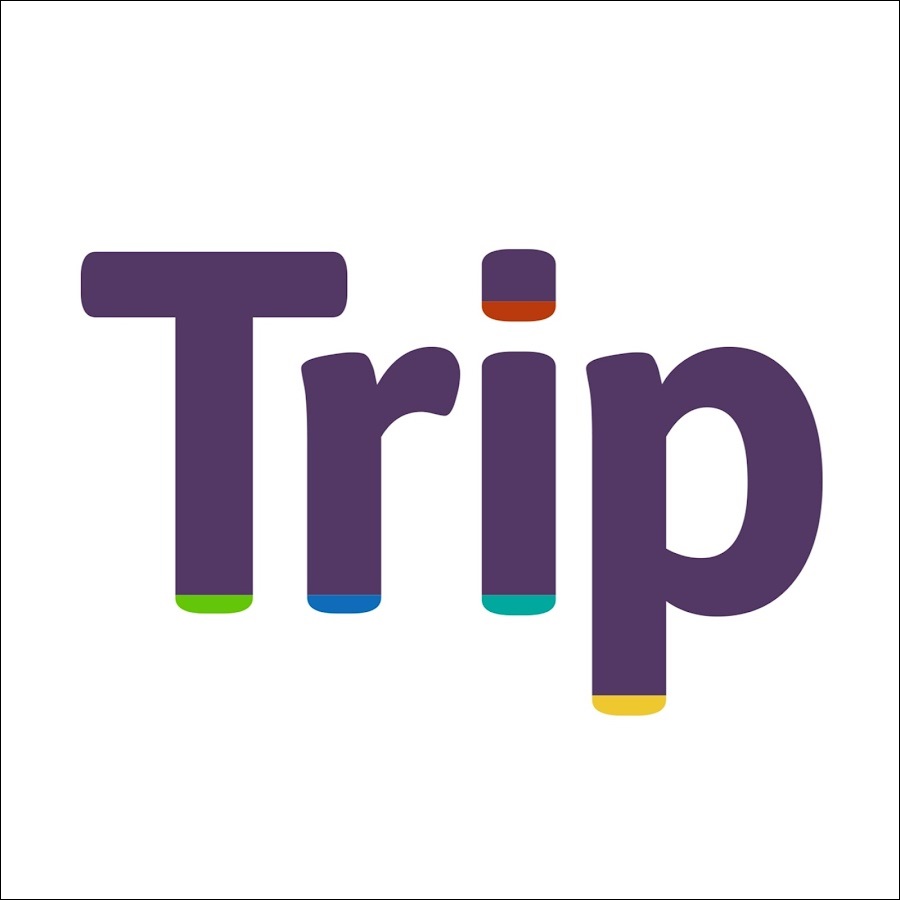
You can access these in several different ways:
DynaMed Trial
As part of our strategy to expand resourcing for our private practice fellows, the college is undertaking a trial of the DynaMed clinical decision tool.
The sign-up period for the DynaMed trial has now ended. UPDATE: An ongoing DynaMed subscription BEGINS JANUARY 2026.


 There is an ongoing issue with McGraw-Hill e-book collections, whereby some users are not being recognised as ANZCA users when authenticating within the IP range of another institution that also subscribes to MGH e-books. This results in the user being improperly authenticated and being unable to access some titles.
There is an ongoing issue with McGraw-Hill e-book collections, whereby some users are not being recognised as ANZCA users when authenticating within the IP range of another institution that also subscribes to MGH e-books. This results in the user being improperly authenticated and being unable to access some titles.
Access to the above collections should be unaffected when authenticated outside the IP range of the affected institutions. This includes access from home and access from a mobile device using 4/5G (and not the institutions' Wi-Fi). Users with a pre-existing MyAccess login, can sign out of the affected collections, and sign in using their MyAccess credentials.
Creating a MyAccess account:
 ANZCA users requiring urgent access can submit chapter request/s via the Request an article service.
ANZCA users requiring urgent access can submit chapter request/s via the Request an article service.




Looking for help? Browse webinars, user guides and short training videos to find the resource you need to get the most out of the Cochrane Library.
Cochrane podcasts deliver the latest Cochrane evidence in audio format, allowing you to stay up-to-date on newly-published reviews wherever you are.


Database syntax for searching
Flinders University library have produced a database syntax guide to assist with the searching of most major databases.




 Access Issues: Some users are experiencing issues trying to access the updated Therapeutic Guidelines website. If content fails to appear after a few minutes, then please click your browser "refresh" button. We also recommend clearing your cache and trying if that fails to resolve the issue.
Access Issues: Some users are experiencing issues trying to access the updated Therapeutic Guidelines website. If content fails to appear after a few minutes, then please click your browser "refresh" button. We also recommend clearing your cache and trying if that fails to resolve the issue.

 UpToDate Access: Unfortunately, ANZCA does not subscribe to UpToDate. We recommend contacting your hospital library to check whether you can access UpToDate via your workplace.
UpToDate Access: Unfortunately, ANZCA does not subscribe to UpToDate. We recommend contacting your hospital library to check whether you can access UpToDate via your workplace.
Quick links
About ANZCA
Copyright © Australian and New Zealand College of Anaesthetists.